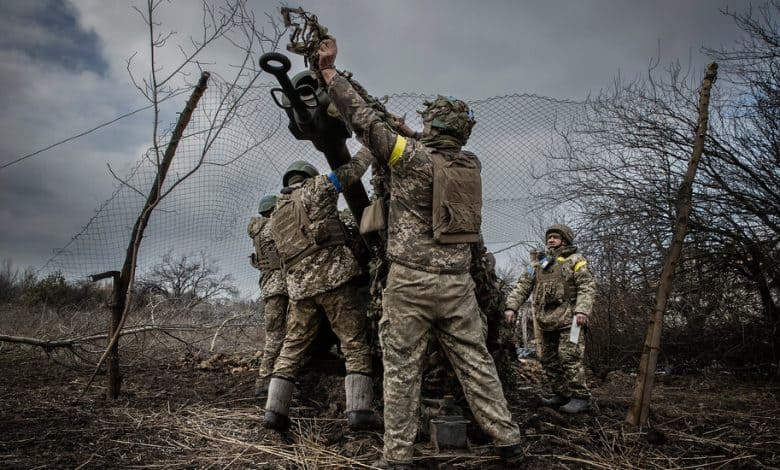U.S. Campaign to Isolate Russia Shows Limits After 2 Years of War

The Biden administration and European allies call President Vladimir V. Putin of Russia a tyrant and a war criminal. But he enjoys a standing invitation to the halls of power in Brazil.
The president of Brazil says that Ukraine and Russia are both to blame for the war that began with the Russian military’s invasion. And his nation’s purchases of Russian energy and fertilizer have soared, pumping billions of dollars into the Russian economy.
The views of the president, Luiz Inácio Lula da Silva, encapsulate the global bind in which the United States and Ukraine find themselves as the war enters its third year.
When Russia launched its full-scale invasion of Ukraine on Feb. 24, 2022, the Biden administration activated a diplomatic offensive that was as important as its scramble to ship weapons to the Ukrainian military. Wielding economic sanctions and calling for a collective defense of international order, the United States sought to punish Russia with economic pain and political exile. The goal was to see companies and countries cut ties with Moscow.
But two years later, Mr. Putin is not nearly as isolated as U.S. officials had hoped. Russia’s inherent strength, rooted in its vast supplies of oil and natural gas, has powered a financial and political resilience that threatens to outlast Western opposition. In parts of Asia, Africa and South America, his influence is as strong as ever or even growing. And his grip on power at home appears as strong as ever.
The war has undoubtedly taken a toll on Russia: It has wrecked the country’s standing with much of Europe. The International Criminal Court has issued a warrant for Mr. Putin’s arrest. The United Nations has repeatedly condemned the invasion.